Planning Pays Off: 5 Strategies to Get the Most Out of Your Delivery Speed Choice
August 31, 2024
5 min read
Introduction
B2B bulk shipping services are not a trend but have become the need of the hour, considering the growing demand for transporting large quantities of goods across countries. Instead of relying on regular couriers, B2Bs are using bulk carrier companies to meet these demands. Bulk shipping is an integral part of the modern transport industry, as it facilitates the smooth movement of commodities and influences operational efficiency.
Let us learn how bulk carrier shipping companies play a key role in B2B eCommerce!
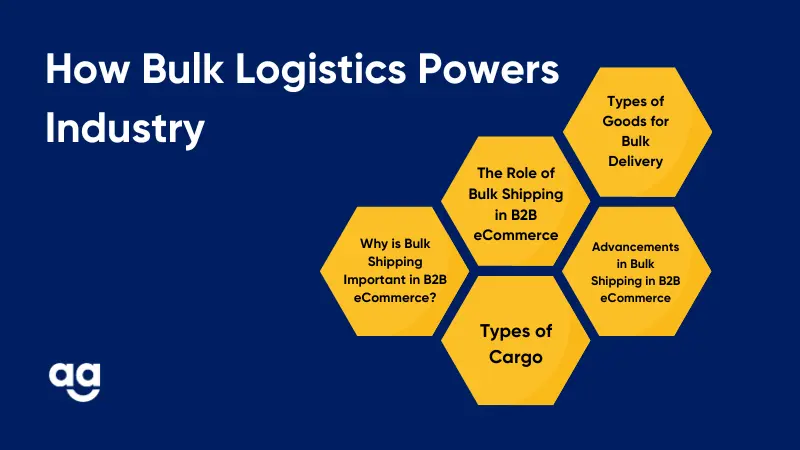
Why is Bulk Shipping Important in B2B eCommerce?
B2B eCommerce thrives on sending bulk deliveries to warehouses or mini-bulk carriers to multiple customers. This consistent demand among businesses necessitates efficient transportation of large quantities of goods globally. This means an e-commerce store may need to connect with the international market to drive trade. Bulk shipping is often processed by air, wherein a B2B logistics company manages shipments, reduces costs, and minimizes redundant tasks.
It has been forecasted that bulk shipping will experience a growth of 5%-6% in 2024, and is set to expand within global trade. Today, millions of goods are shipped worldwide, which helps businesses control their supply chains, and extend brand reach.
An effective B2B logistics company can augment business success by managing multiple bulk shipments and ensuring accurate inventory turnover ratios.
The Role of Bulk Shipping in B2B eCommerce
Bulk shipping helps B2B e-commerce by transporting large quantities without individual packaging. Let us learn how bulk shipping is enhancing trade within B2B e-commerce:
Cost-Effectiveness and Affordability
Heavy goods can be moved over long distances using various modes of transport by using heavy-load trucks for land routes. This system leads to low bulk carrier ship prices, overall cost-effectiveness, and shipment of products during optimal times.
The cost of bulk shipments is influenced by factors such as quantity, size, weight, and distance. The bulk carrier ship price also depends on inventory management techniques, and other solutions like last-mile delivery, container protection, and insurance.
Bulk carrier companies offer a competitive price considering the minimal packaging costs of bulk shipments. These companies handle fewer stages and bear a lower risk of damage.
Supply Chain Optimization
Using bulk shipping, businesses can deliver raw materials to manufacturers and prevent production delays. Moreover, this kind of shipping revolves around just-in-time delivery. This mitigates the need for extensive warehousing, freeing up capital and storage space.
Environmental Impact
Bulk shipping is more fuel-efficient and less polluting compared to multiple smaller shipments by road or air. Many bulk carrier companies are adopting greener and more advanced technologies to enhance environmental sustainability.
Effective logistics management helps in managing optimal routes, suppliers, and acquisition cycles.
Focus on Resource Management
Modern bulk carrier shipping companies use advanced route management systems to detect route availability, integrate real-time tracking, and use predictive analytics into route management systems.
These resources help in preventing backorder delays, unnecessary fees, and shipping expenses.
Types of Goods for Bulk Delivery
Bulk shipping incorporates two categories that are shipped – dry bulk and liquid bulk:
Dry Bulk Shipping
Dry bulk shipping means the transportation of solid goods like wood, agricultural products like wheat, etc. These materials are often transported in bulk. The global demand for dry bulk is expected to rise by 2-3% in 2024 and by 3-5% in 2025.
Liquid Bulk Shipping
Liquid bulk shipping means the transportation of liquids, such as oils and chemicals. These goods have significant weight and should be delivered in vessels that are specially designed for liquid bulk shipping.
Types of Cargo
Bulk Shipping Can be processed using the following modes of transport:
- Road Cargo – Businesses can use Full Truck Load or Part Truck Load for deliveries by road. FTL is best for businesses that require extensive services and need to transport large volumes of goods. Part Truck Load or mini-bulk carriers are more suitable for smaller quantities of goods. B2B companies can also use shared truck services to reduce costs.
- Air Cargo – Air cargo represents 35% of trade by value and is crucial for businesses that rely on quick and safe movement of high-value commodities.
- Rail Cargo – The railway system is an efficient and cost-effective method for transporting large quantities of bulk goods.
Advancements in Bulk Shipping in B2B eCommerce
Bulk shipping for B2B e-commerce is witnessing high demand. Modern bulk carrier companies are incorporating several technological advancements and sustainability initiatives to meet this demand effectively. Here are some recent advancements in the industry:
Automation and Digitalization
The adoption of IoT, AI, and blockchain is transforming bulk logistics. These technologies help in:
- Shipment tracking
- Monitoring and managing shipments
- Improving transparency and efficiency
- Controlling overall supply chain management.
Innovative Transportation Methods
An advanced B2B logistics company is using emerging transport technologies for faster and more efficient service. These initiatives include the usage of drones for small bulk shipments and hyperloop systems for rapid transit.
Eco-Friendly Logistics
Bulk carrier companies are adopting sustainable practices, such as:
- Using biofuels
- Conducting route optimization for fuel efficiency
- Investing in energy-efficient transport modes.
Circular Economy
Companies are working on strategies that benefit a circular economy to reduce waste and maximize resource utilization.
Conclusion
Bulk shipping has become an indispensable part of B2B transactions, considering the high demand and rapid advancements in technology. With a strong focus on sustainability and customer satisfaction, the bulk shipping sector promises efficiencies in eCommerce and environmental benefits.
Partner with Shipyaari and allow the experts to optimize B2B supply chains, reduce costs, and handle the complexities of bulk shipping.
Frequently Asked Questions
Bulk shipping is significant for B2B e-commerce as it involves the transportation of large quantities of goods without packaging. This ensures efficient and cost-effective delivery. It helps businesses to transport bulky raw materials and shipments most safely and cost-effectively.
Bulk shipping is influenced by modern technologies like IoT, AI, and blockchain. These advancements have improved shipment tracking, monitoring, and management.
Some examples of dry bulk shipments are grains, coal, and wood. Examples of liquid bulk shipments are oils, chemicals, consumable liquids, etc.
Bulk shipping offers several benefits to B2B companies like:
- Lower per-unit transportation costs
- Low handling and packaging expenses
- Improved supply chain efficiency
- Quick and just-in-time delivery.
Suggested Reads
Hyperlocal Personalization: Tailoring Experiences for Local Customers
Introduction The eCommerce industry in India has witnessed a rapid growth of hyperlocal services in
Continue ReadingDec









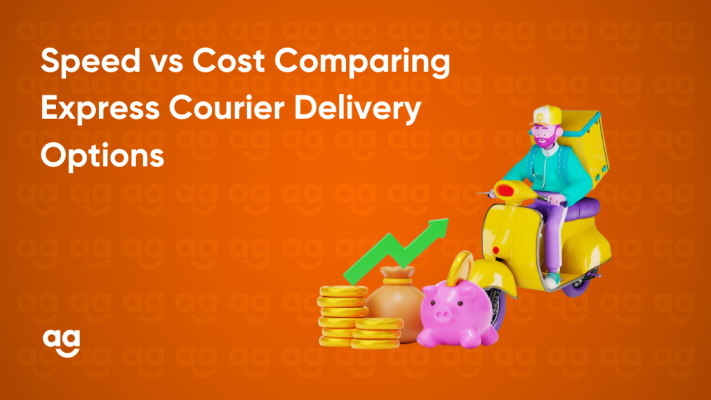

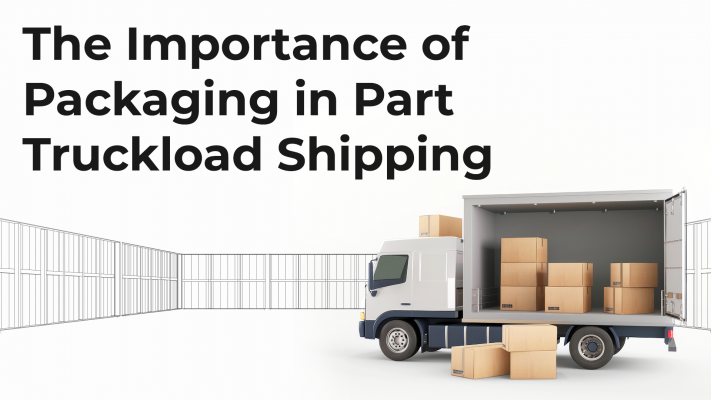

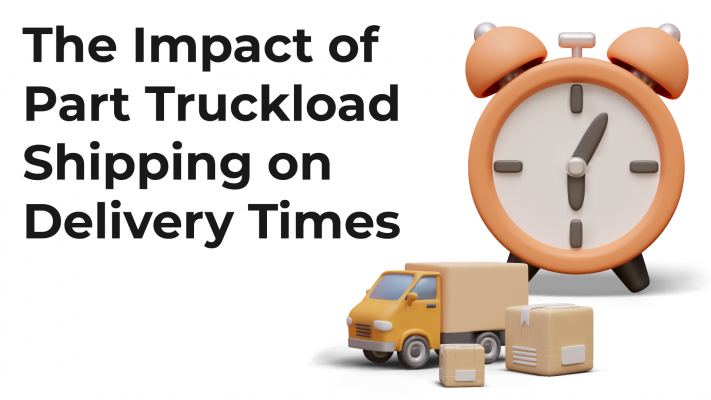

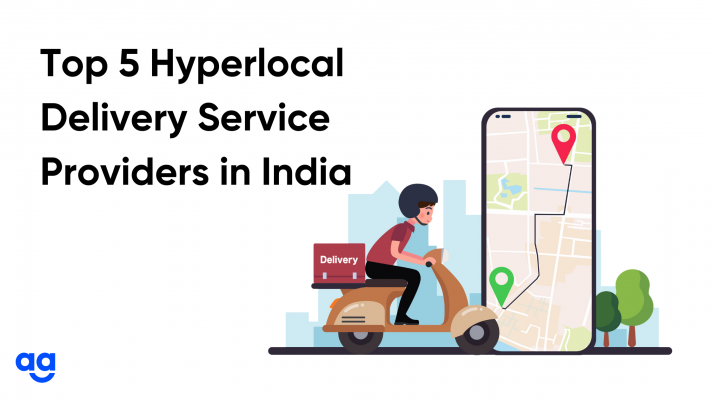


 Shipping
Shipping







